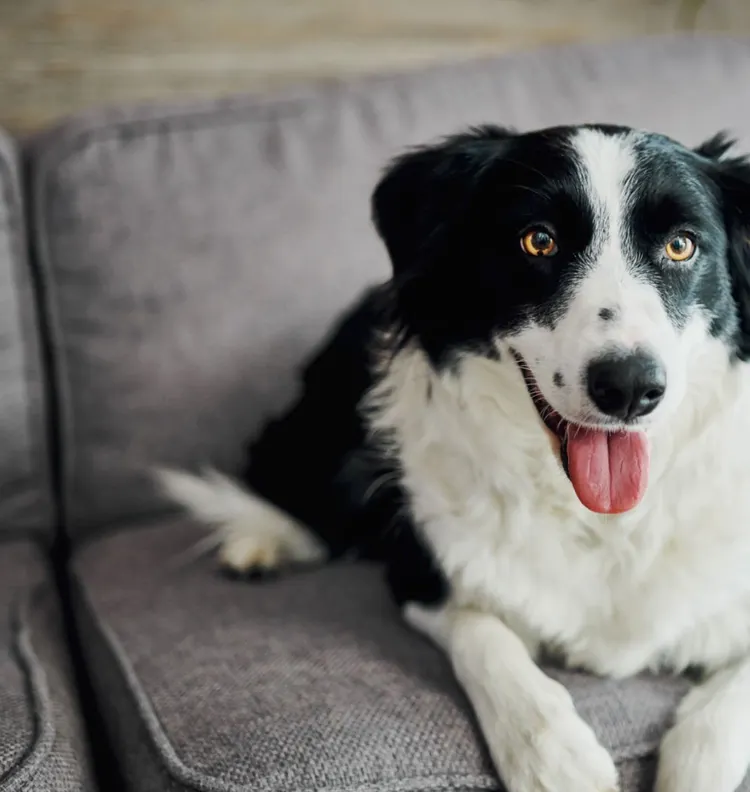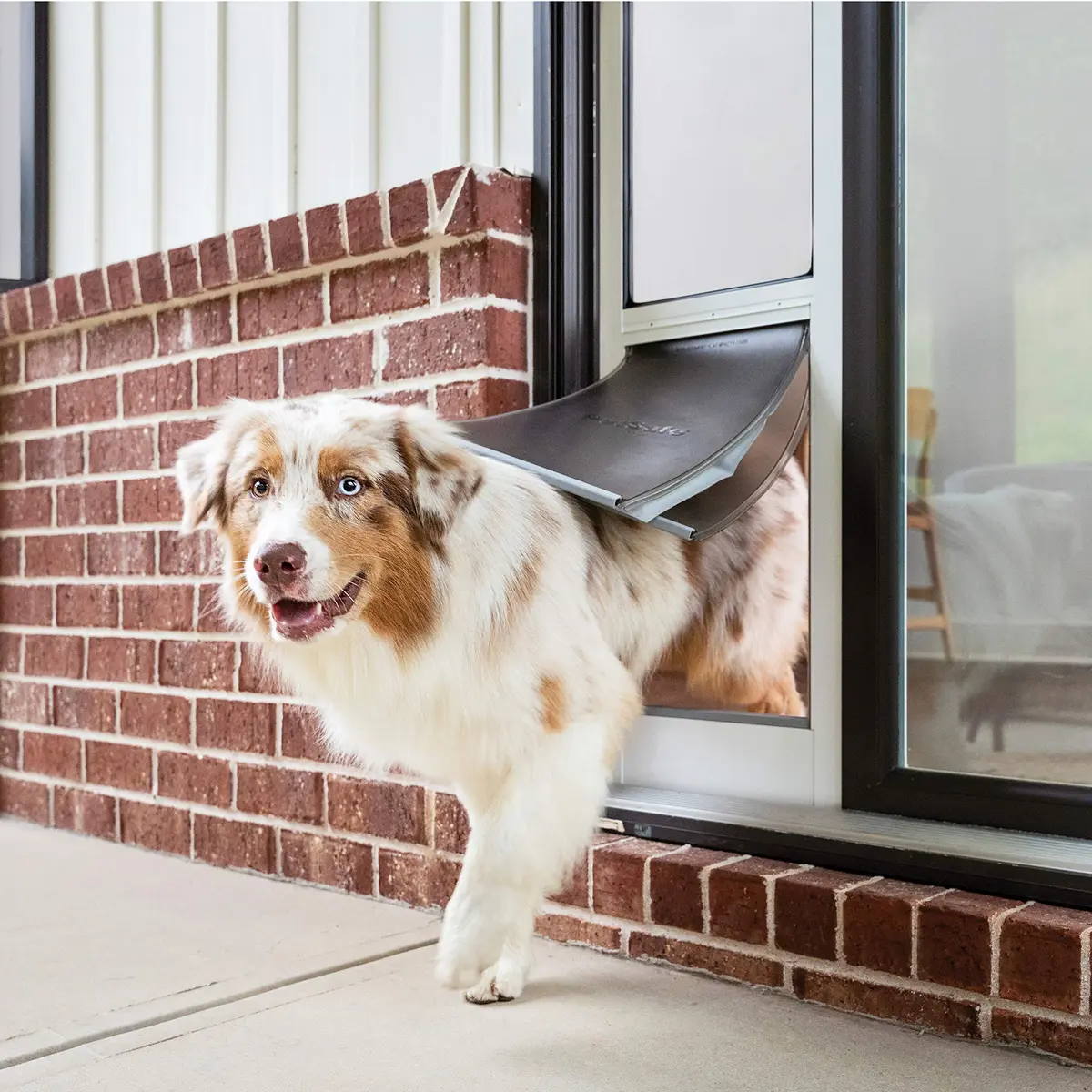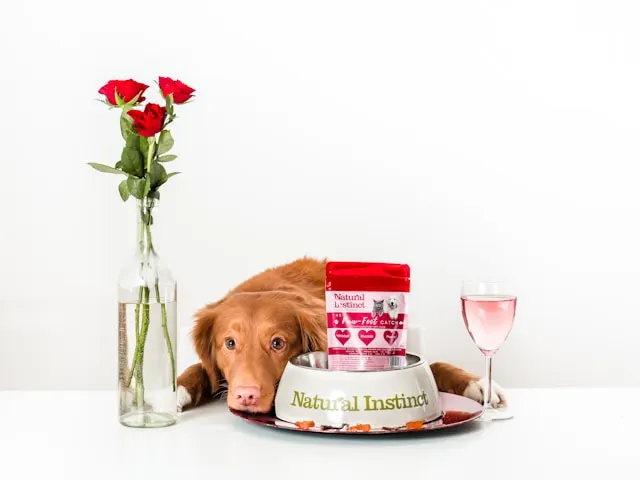Picture this: It’s late, the house is quiet, and you’re ready to drift into dreamland. But there’s a sound—a distinct panting coming from your dog, who’s resting (or trying to) nearby. If your dog seems to be panting at night, it can raise a few eyebrows. Whether it’s a subtle, occasional noise or a more persistent and heavy pant, nighttime panting may leave you wondering what’s going on. More importantly, is it something to be concerned about?
Don’t worry—I’m here to help you unravel the mystery behind your dog’s late-night panting and offer some eco-friendly and practical solutions along the way. Let’s explore some of the common causes, potential remedies, and tips to ensure your furry companion (and you!) get a peaceful night’s sleep.
What Is Panting and Why Does It Happen?
First, let’s understand the basics. Panting is a dog’s way of regulating body temperature. Unlike humans, dogs don’t have sweat glands all over their bodies—most of their cooling happens through their mouths and paws. So, when your dog pants, they’re releasing excess heat to cool down.
However, not all panting is temperature-related. Panting can also be a response to stress, pain, or medical conditions. If it happens frequently at night, it could point to underlying issues.
Common Causes of Nighttime Panting in Dogs
- Heat and Temperature Regulation Even though nighttime temperatures might feel cool to you, your dog could still feel warm, especially if their fur is thick. Some dogs are more prone to overheating, like larger breeds or those with thicker coats. When your dog feels too warm, they may pant to cool themselves down.Eco-Friendly Tip: Opt for a cooling mat made from sustainable materials. Many brands offer pet-friendly cooling mats that use natural, non-toxic materials to help regulate your dog’s body temperature without relying on electricity or air conditioning.
- Anxiety and Stress Has your dog experienced a change in routine? Are there thunderstorms outside, or perhaps new sounds from the neighborhood? Just like humans, dogs can experience stress or anxiety, especially at night when the world quiets down. Panting can be a symptom of these feelings.Eco-Friendly Tip: Consider using organic, natural calming remedies like lavender sprays or hemp-based products that are made with sustainable practices. These gentle solutions can help ease your dog’s nighttime jitters.
- Medical Issues Panting can be a sign of underlying medical conditions such as:
- Heart disease: Dogs with heart conditions may pant more frequently due to difficulty circulating oxygen.
- Respiratory problems: Conditions like bronchitis or asthma can make it harder for dogs to breathe, resulting in more panting.
- Pain: Dogs in pain often pant as a response to discomfort, especially if they’re experiencing joint pain or arthritis at night.
- Obesity If your dog is carrying extra weight, they may struggle to regulate their body temperature, especially at night when their metabolism slows down. Obesity can also put added strain on their heart and lungs, leading to excessive panting.Eco-Friendly Tip: Create an eco-friendly diet plan for your dog that includes organic, sustainably sourced foods. Switching to whole, natural ingredients can improve their overall health and weight.
- Aging As dogs age, they may develop conditions like Cognitive Dysfunction Syndrome (similar to dementia in humans). Nighttime panting can be a symptom of confusion or restlessness, common in older dogs experiencing cognitive decline.Eco-Friendly Tip: Support your senior dog with natural supplements, such as organic fish oils or hemp-based products, which can help maintain cognitive function. Also, keep their environment comfortable with recycled orthopedic bedding to alleviate any physical discomfort from aging joints.
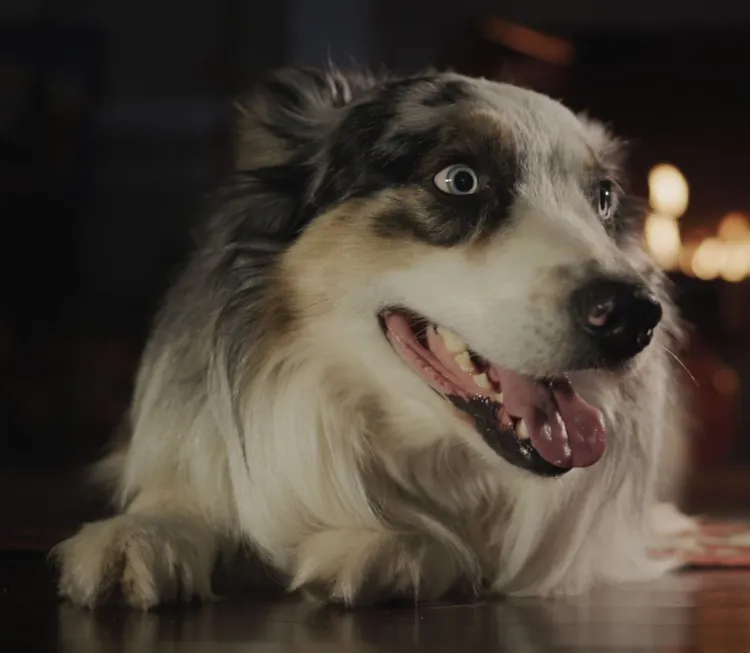
How to Help Your Dog Stop Panting at Night
Once you’ve identified the cause, there are plenty of ways to help your dog stop panting and enjoy a more restful night. Here are some effective, eco-friendly options to try:
1. Create a Cool Sleeping Environment
If heat is the culprit, ensure your dog’s sleeping area stays cool. As mentioned earlier, a non-toxic, eco-friendly cooling mat can make a world of difference. Additionally, placing a small fan in the room (ideally one that uses low energy) can help improve airflow and keep your dog comfortable.
2. Establish a Calm Routine
Anxiety-driven panting often stems from stress or disruptions to your dog’s routine. Ensure your dog gets plenty of exercise during the day, as physical activity can help reduce pent-up energy and anxiety. Create a relaxing nighttime routine that includes quiet time, soft music, or natural aromatherapy (like lavender) to help them wind down.
3. Natural Remedies for Health Conditions
For dogs dealing with health issues like joint pain or cognitive decline, there are eco-friendly supplements that can help. For example:
- CBD oil (from sustainable hemp sources) can help ease pain and anxiety in dogs.
- Natural joint supplements made from glucosamine derived from sustainable sources can alleviate arthritis symptoms.
If panting seems linked to a medical issue, a visit to the vet is necessary to determine the proper course of action. However, incorporating eco-friendly products into their treatment plan can help you feel good about the choices you’re making for your pet and the planet.
4. Weight Management and Diet Changes
For dogs struggling with obesity, it’s time to revisit their diet. Feeding them organic, sustainable dog food can improve their health while reducing your environmental footprint. You can also make homemade dog food using locally sourced, organic ingredients to ensure they’re getting nutritious meals without added fillers or chemicals.
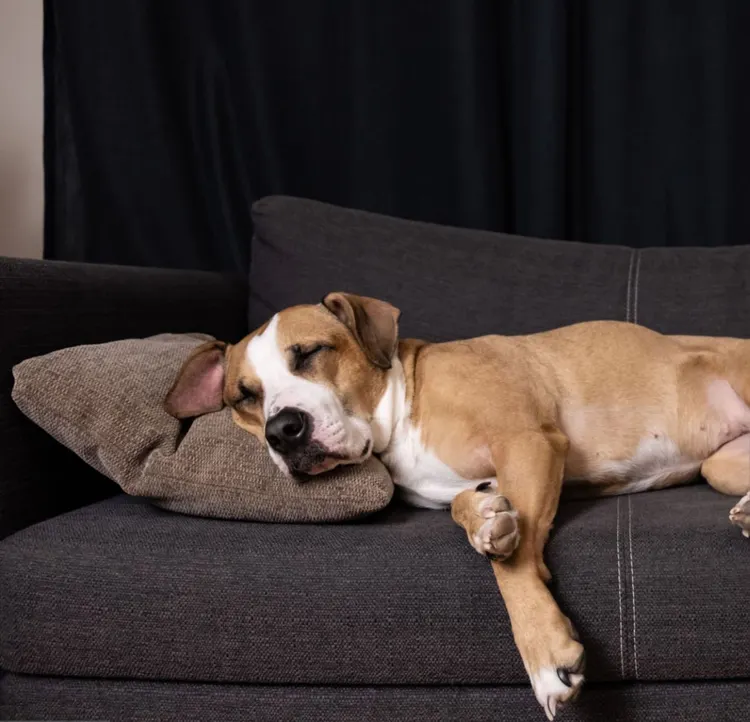
When Should You Be Concerned?
While occasional nighttime panting can be normal, persistent, heavy panting might be cause for concern. If your dog’s panting doesn’t subside, if it’s paired with other unusual symptoms like coughing, lethargy, or changes in appetite, you should definitely consult with your vet.
Panting Breeds and Other Considerations
Some breeds, especially brachycephalic breeds (like Bulldogs or Pugs) with their flat faces, are prone to breathing issues, making panting more common. Owners of these breeds should pay close attention to excessive panting as it can indicate respiratory distress. For larger or more active breeds, panting may simply indicate they need better temperature regulation.
Eco-Friendly Tip:
Invest in eco-friendly pet products that help maintain your dog’s comfort and health. Look for toys, beds, and accessories made from recycled materials or biodegradable substances. Supporting brands with green initiatives not only helps your pet but also the environment.
Final Thoughts
While nighttime panting in dogs can be concerning, it’s often a matter of identifying the root cause and taking practical steps to address it. Whether your dog is panting due to heat, anxiety, or a medical issue, there are eco-friendly ways to help them (and you) get a good night’s sleep. By making small, sustainable changes in your dog’s diet, environment, and health care routine, you can reduce their discomfort and minimize your ecological impact.

